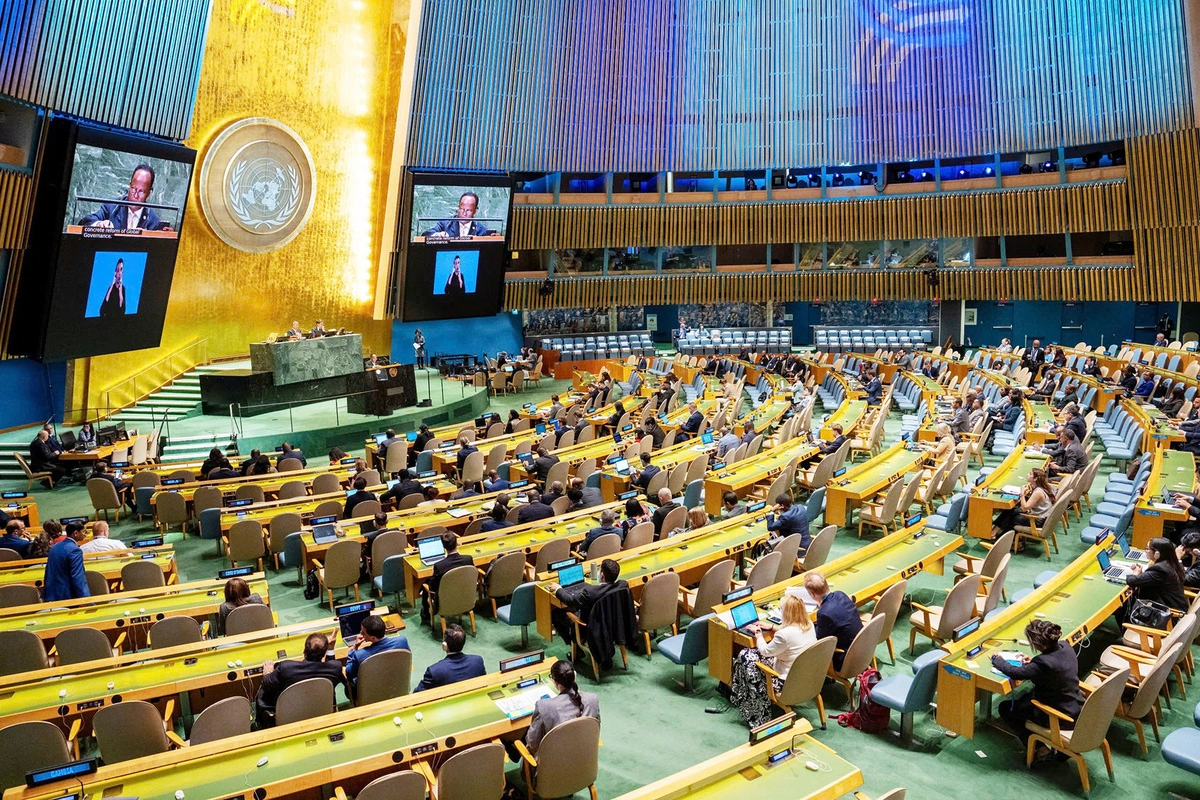United Nations (UN) members have adopted a 'Pact for the Future,' which Antonio Guterres, Secretary-General of the United Nations, described as a landmark agreement and a “step-change toward more effective, inclusive, networked multilateralism” at the opening ceremony of the High-Level Week of the 79th session of the UN General Assembly on Monday.
While the key purpose is to bring multilateralism to the forefront, the pact features countries’ commitments to deal with issues specifically on peace, prosperity, sustainable development, climate change, digital cooperation, human rights, gender, the young and future generations, and global governance.
Articles mentioned in the 'Pact for the Future' appear more serious as countries fail to find common ground; especially amid the profound changes in global cooperation over the past few years.
Many experts are worried that the world might enter a state of separation after a globalization period.
Differences in political systems, development levels, and approaches to key issues have led to varying views on scientific and technological advancements, including artificial intelligence (AI), virtual currencies, blockchain, and clean energy projects across countries and territories.
We are living in an era where trade tensions and technology races are as fierce as armed battles.
For instance, it is hard to develop and employ solutions for managing semiconductor technology or electric vehicles amid escalating geopolitical competition among large countries.
As a result, to encourage multilateralism in the truest form, the UN General Assembly needs to deal with problems at the root, meaning that it should prevent conflicts before boosting cooperation.
The 'Pact for the Future' emphasizes the necessity of reforming the UN Security Council as many concerns are being raised over the council’s ability to maintain peace, stability, and international law enforcement.
During the assembly, Japanese Prime Minister Kishida Fumio called for specific actions to reform the UN Security Council.
Kishida affirmed that “unilateral attempts to change the status quo by force cannot be tolerated anywhere in the world [and that] only the free and open international order based on the ‘rule of law’ can deliver sustainable development and prosperity."
Like us on Facebook or follow us on Twitter to get the latest news about Vietnam!


















































